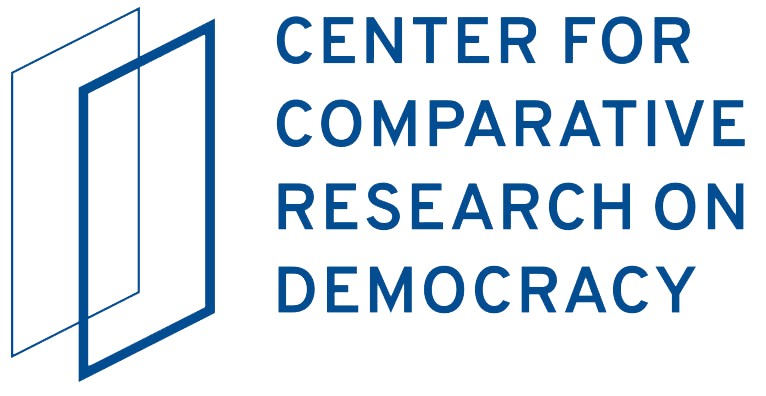ASSESSING THE INDEPENDENCE OF THE CJEU AND ECTHR
Researcher
Kaja KaźmierskaProject description
The thesis – an interdisciplinary thesis combining the elements of law and political science, yet written most likely at the law faculty – will assess the and compare the independence of the European-level courts (i.e CJEU and ECtHR). It would seek to answer whether one court is more independent that the other and if so how/why – what is the decisive factor there, what it could be attributed to and whether there is any lesson which could be drawn from it for the national courts (especially in the countries struggling with the judicial independence).
The thesis will define the elements of judicial independence (also basing on the findings of the research project) and determine whether and to what extent these elements (developed for the national courts) are also relevant for the European courts. It would then examine the independence of the European courts and judges based on the rules applicable to these courts / judges (and amendments introduced in this regard since the courts were created), from the nomination of the candidates by countries, to the actual selection to the courts – and any reasons for refusing such selection, to renewability of the term in office, to any possible influences by other institutions (international or national), to salaries/bonuses paid etc., as well as based on judicial behaviour (so-called ‘home-state bias’, the influence of experience gained by the judges prior to becoming a judge in the CJEU/ECtHR etc).
ASSESSING THE INDEPENDENCE OF THE CJEU AND ECTHR
Researcher
Kaja KaźmierskaProject description
The thesis – an interdisciplinary thesis combining the elements of law and political science, yet written most likely at the law faculty – will assess the and compare the independence of the European-level courts (i.e CJEU and ECtHR). It would seek to answer whether one court is more independent that the other and if so how/why – what is the decisive factor there, what it could be attributed to and whether there is any lesson which could be drawn from it for the national courts (especially in the countries struggling with the judicial independence).
The thesis will define the elements of judicial independence (also basing on the findings of the research project) and determine whether and to what extent these elements (developed for the national courts) are also relevant for the European courts. It would then examine the independence of the European courts and judges based on the rules applicable to these courts / judges (and amendments introduced in this regard since the courts were created), from the nomination of the candidates by countries, to the actual selection to the courts – and any reasons for refusing such selection, to renewability of the term in office, to any possible influences by other institutions (international or national), to salaries/bonuses paid etc., as well as based on judicial behaviour (so-called ‘home-state bias’, the influence of experience gained by the judges prior to becoming a judge in the CJEU/ECtHR etc).


